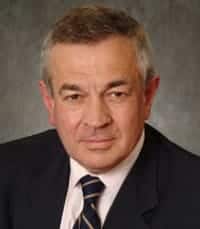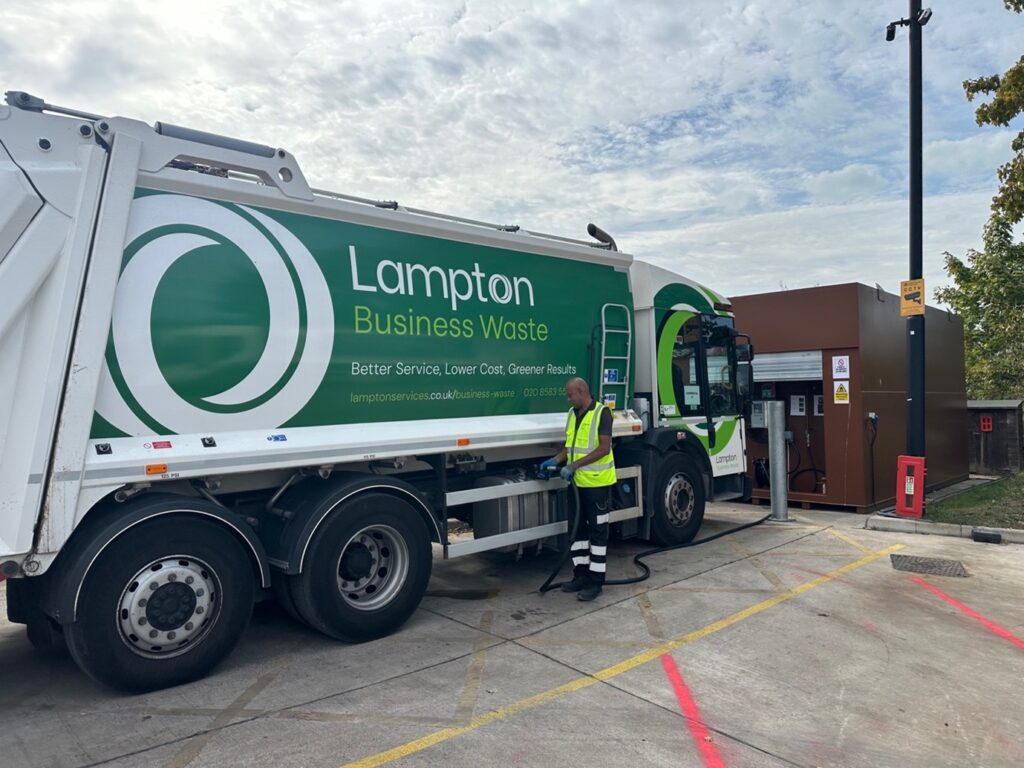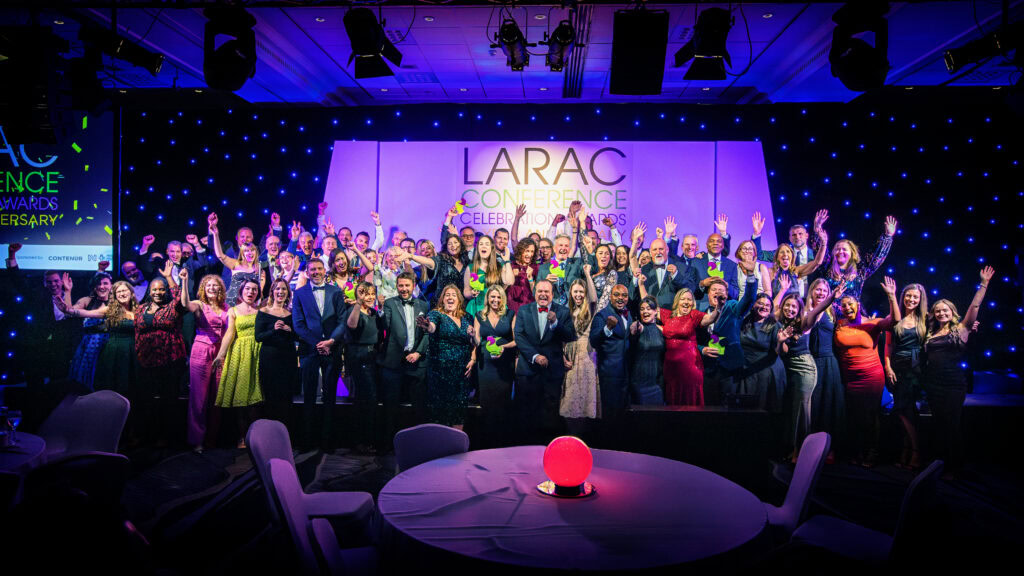Although there has been no agreement yet in a dispute over funding for local authority DCFs (see letsrecycle.com story), Daniel Kapadia of Defra's producer responsibility unit insisted to council officers gathered in Bournemouth that the benefits of registering sites as DCFs would outweigh disadvantages.
 Defra is hoping council recycling centres, like this one in Winchester, will register to collect waste electronics |
While he acknowledged that difficulties could come in the reconfiguration needed in some sites to collect waste electrical and electronic equipment (WEEE), and that there could be some loss of income from white goods, he said the funding from electronics producers would make registering worth while.
Registering of sites could start to take place when an organisation is appointed to run the retailer-funded Distributors' Takeback Scheme, which is being set up to upgrade sites ready to collect WEEE.
Funding
In his plea to councils to register their sites, Mr Kapadia said: “There will be some funding from the DTS, which is still being discussed, but WEEE containers will be provided by producer compliance schemes and costs of WEEE disposal will also be met by producers – including hazardous WEEE.
“The DTI is providing funds for the collection of hazardous WEEE, but from 1st of July this will stop. If your site is a DCF then producers will fund arrangements for hazardous items,” he said, adding that producer collections of WEEE would also count towards local authority recycling targets.
The collection of WEEE for recycling is set to begin in July 2007, when producers will be made responsible for collecting and recycling waste electronics in compliance with Europe's WEEE Directive.
Mr Kapadia said the “adequate” network of collection points needed for the task would have to be at least as big as the current network of local authority civic amenity sites. As well as CA sites, he explained that some waste transfer stations and retail sites would most likely become DCFs.
He said the WEEE Forum, a group of producer compliance schemes, would allocate which of the registered DCFs each scheme would take responsibility for collecting WEEE arisings in April 2007.
Under a Code of Practice drawn up by councils, retailers and producers, schemes will provide containers for each site suitable for collecting five separate WEEE streams – large household appliances (apart from fridges); fridges; televisions and monitors; gas discharge lamps; and, all other WEEE.
Mr Kapadia explained that for smaller sites, it would be permissible to mix WEEE streams so long as hazardous items like televisions and lamps are kept separate.
 Science minister Malcolm Wicks |
Wicks
While Defra is be responsible for environmental protection issues and standards involved in collecting and recycling WEEE, the new regulations expected in December are being implemented by the Department of Trade and Industry.
Yesterday saw the DTI confirming that following last week's ministerial mini-reshuffle, new science minister Malcolm Wicks is to keep his responsibility to oversee the laying of new WEEE regulations.









Subscribe for free